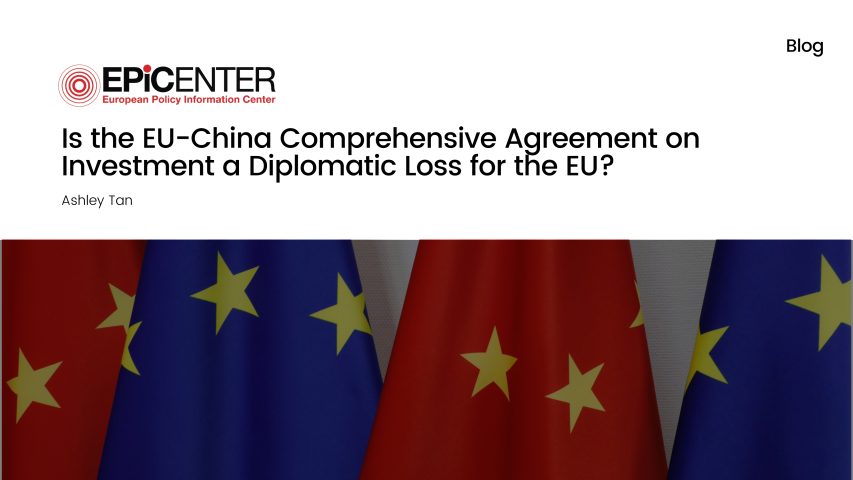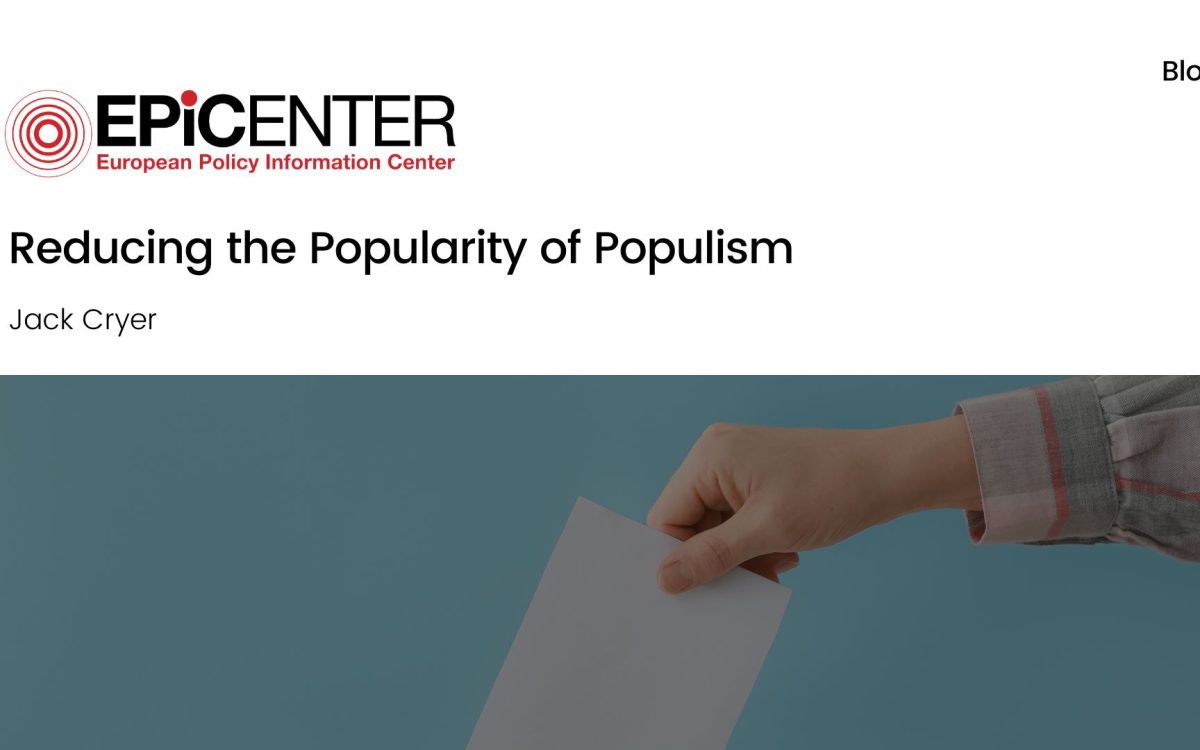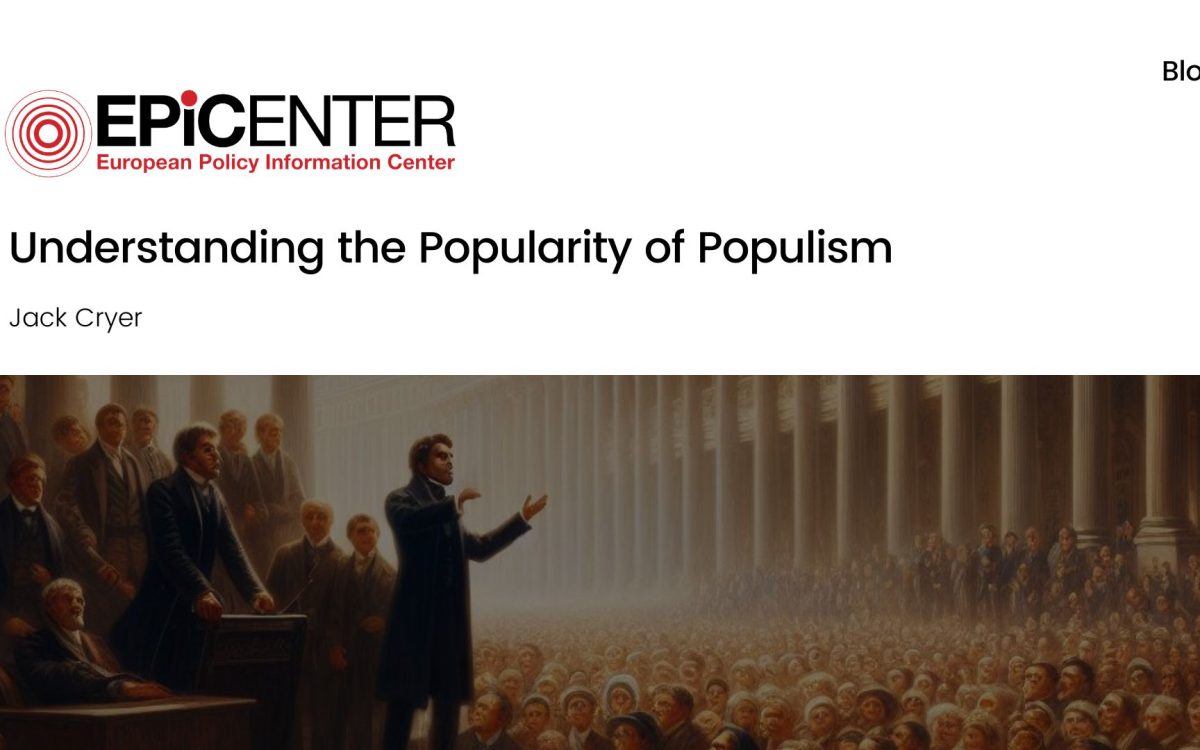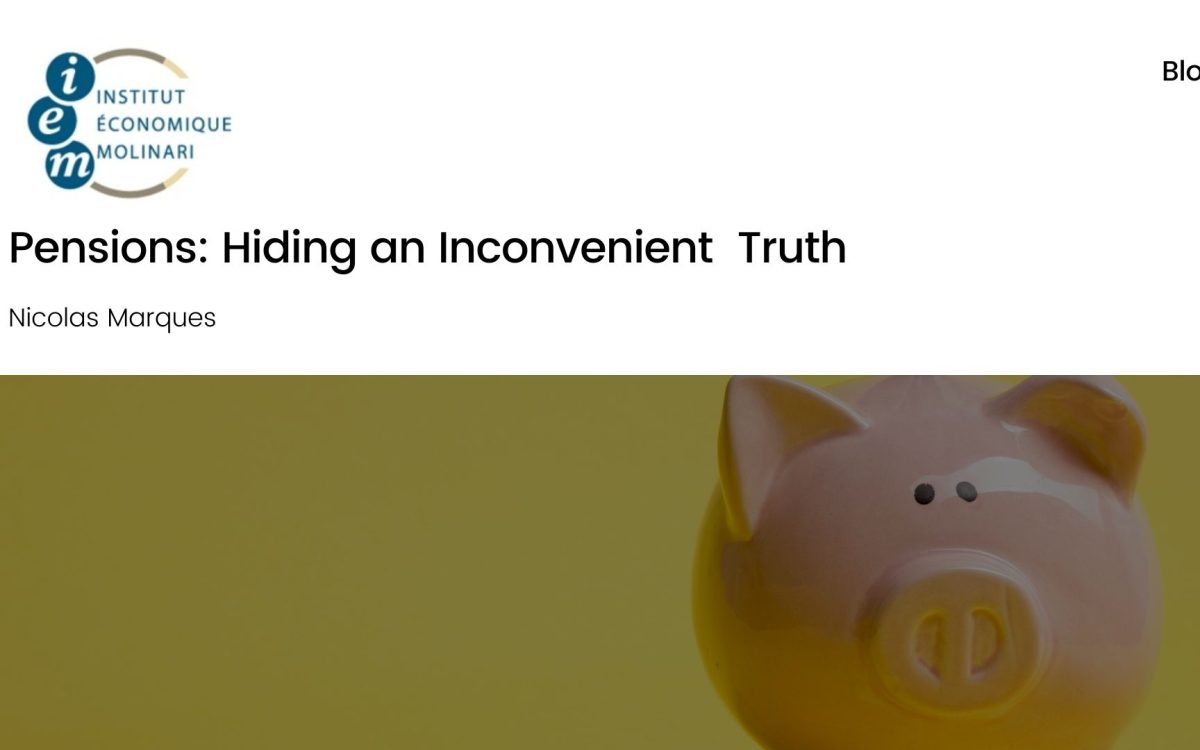Is the EU-China Comprehensive Agreement on Investment a Diplomatic Loss for the EU?

Is the EU-China Comprehensive Agreement on Investment a Diplomatic Loss for the EU?
Ashley Tan // 26 February 2021
In December 2020, negotiations were concluded for the highly anticipated EU-China Comprehensive Agreement on Investment (CAI). Economically, the objectives and achievements of the CAI (covered in this blog post) have been ambitious. Politically, the deal also seeks to ensure sustainable development by holding parties to minimum thresholds of environment, labour and human rights standards.
Thus far, EU negotiators have deemed the deal to be a victory, particularly since it is projected to rescale the previously unbalanced state of investment between the EU and China, where the amount of foreign direct investment (FDI) flows from China into the EU has stood at around €20 billion less than FDI flows from the EU into China. European Commission President Ursula von der Leyen has emphasised that the deal is “attached to reciprocity, level playing field and values”.
However, there is scepticism towards the CAI’s effective capacity to truly level the playing field diplomatically. Critics have pointed out that while the deal includes measures for state-to-state dispute settlement, it fails to specify investor protection mechanisms in the face of litigation disputes which could leave EU investors in precarious situations. Moreover, the lack of buy-in from the former Trump administration has also been a cause for concern amongst EU leaders given that a stronger transatlantic alliance could better counterbalance the economic influence of China, which recently surpassed the US as the EU’s biggest trading partner. Beyond this, a great amount of suspicion towards China’s ability to uphold its end of the bargain in past agreements remains within the EU. Given all of these concerns, the deal may prove to be a politically strategic loss for the EU, even if it may encourage greater investment and competition to benefit both businesses and consumers from both sides.
Firstly, the EU has been criticised for the lack of coordination concerning its negotiating position on the CAI. While the economically pragmatic Germany—as the President of the Council of the EU—has been a driving force in advocating for the deal to advance EU-China relations, it has locked horns with other states which have stressed the need for a more coordinated European strategy to defend the bloc’s sovereignty against China.
Secondly, the deal has been criticised for its poor timing given not only its failure to achieve buy-in from the incoming Biden administration, but also the general sense that negotiations have been “rushed”. This has resulted in the glossing over of important details that could further enhance its comprehensiveness, particularly regarding the lack of reciprocity on public markets and the vagueness on labour rights issues.
Thirdly, while proponents of the deal have highlighted its importance in holding China accountable to human rights and labour reforms in an unprecedented manner, others have found fault with the lack of specific and binding provisions in the deal, which currently only invokes a commitment from China to “make continued and sustained efforts to ratify the International Labour Organization (ILO) fundamental Conventions on forced labour”. In fact, a coalition of 36 civil society organisations recently submitted a joint appeal on the inclusion of a human rights clause in the CAI, which underlines perceived shortcomings vis-à-vis the deal in the face of reported violations by the Chinese state in Xinjiang and Hong Kong. The appeal includes calls for the European Parliament and relevant European institutions to ensure that China ratifies conventions including the International Covenant on Civil and Political Rights and other core ILO conventions on forced labour. Without further binding provisions for human and labour rights, the CAI may permit continued misconduct and even social dumping, which it is meant to reduce. Overlooking these concerns implies that the EU could be perceived as tolerating rather than mitigating Chinese malpractices that may persist, which may prove to be a diplomatic loss for the bloc in the long run.
Although the current provisions of the CAI may not appear sufficient in tackling projected loopholes and circumventions, they could still be assuaged by the engagement of transatlantic cooperation or by future legislation to ensure that commitments by China do not remain open-ended and unmatched. However, whether the decision to address existing asymmetries will pay off politically and strategically, or if it will only serve to further tilt an already unbalanced scale in the long run, hinges on the decisions of both national parliaments and the EU Parliament. A weighing of both the economic benefits and geopolitical risks engendered by the deal will be necessary in debates moving forward, before it is officially ratified by the parliaments.
EPICENTER publications and contributions from our member think tanks are designed to promote the discussion of economic issues and the role of markets in solving economic and social problems. As with all EPICENTER publications, the views expressed here are those of the author and not EPICENTER or its member think tanks (which have no corporate view).



